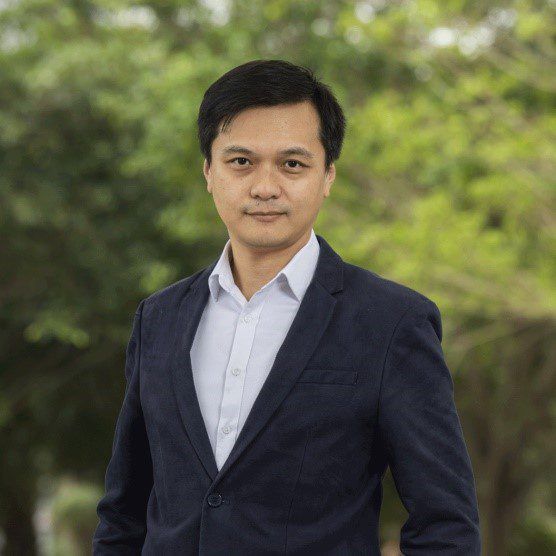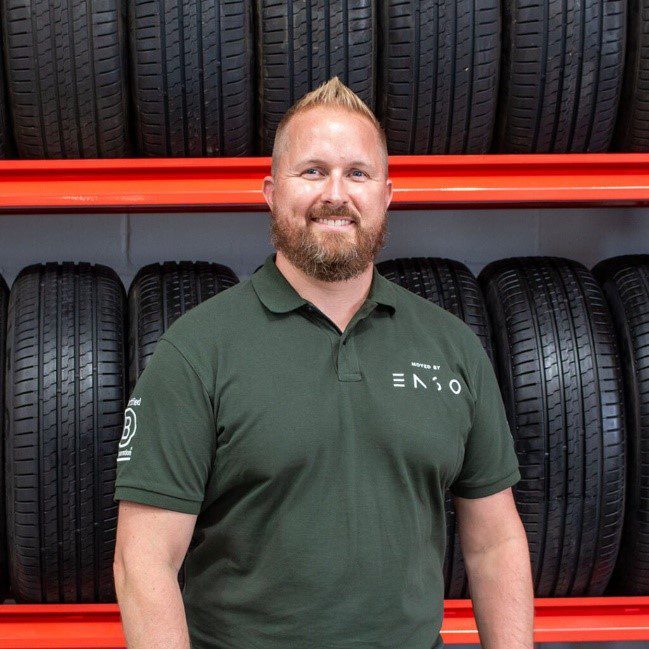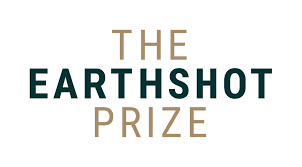‘The light of optimism is burning bright in our Earthshot finalists.’
These words of hope were spoken by the Prince of Wales at the award ceremony of the third Earthshot Prize, held in Singapore in November 2023.
This time, two of the finalists in the Clean Our Air category had been researching ways of making electric vehicles even more eco-friendly.
It is well known that EVs have a much smaller carbon footprint than petrol or diesel vehicles, whose emissions also cause damaging air pollution. The International Energy Agency predicts there will be at least 125 million electric vehicles worldwide by 2030 and the demand for batteries will rise commensurately.
But there are problems. The valuable metals needed to produce EV batteries are a finite resource. Mining them raises both ecological and human rights issues such as the felling of trees to make room for the mines, river pollution from the chemicals used, lack of proper protection for the miners involved and, at the end of their lives, the problem of what to do with millions of tonnes of used batteries likely to cause hazardous waste.


The winner of the £1,000,000 prize in this category, which also includes a year of support from the Earthshot Fellowship programme to help them upscale their ideas, was GRST from Hong Kong. They have found a way to make EV batteries that pollute less and are more easily recyclable by using a water-based binding composite instead of toxic solvents. This means that at the end of the battery’s life the lithium, cobalt and nickel used in its production can be recovered and used in a new battery.
GRST’s method reduces greenhouse gas emissions from production by 40% and also produces a battery that lasts up to 10% longer than average. Their batteries are already being sold in many countries and they aim to establish several circular supply chains in the next few years.
Receiving his prize, Justin Hung, CEO and co-founder of GRST (Green, Renewable, Sustainable Technology) said ‘The electric vehicle revolution is here, but the world needs a sustainable battery solution to accompany it. Our technology is better for the environment, better for people and more efficient than conventional battery technology.’
Another finalist in the Clean Our Air category was ENSO, producers of tyres for electric vehicles. Tyres’ constant friction on roads releases particulate matter resulting in air pollution – 6 million tonnes of it globally each year, so more than all the world’s exhaust emissions put together.

London-based ENSO, which means ‘circle’ in Japanese, was founded by its CEO Gunnlaugur Erlandsson and uses durable compounds to produce ultra-efficient, precisely calibrated tyres that reduce particulate pollution by 35%. They last twice as long as conventional tyres and are designed to increase the range of EVs by 10%. They are already being used on some of London’s black cabs and electric delivery vehicles and plan to expand into North America this year. ENSO is the only tyre company in the world to be a certified B-Corporation, in recognition of its commitment to environmental, social and governance standards.
As an Earthshot finalist, ENSO also receives a year of dedicated support from the Earthshot Fellowship to help them develop and market their product.
Gunnlaugur Erlandsson commented: ‘We urgently need to talk about tyres and how they pollute our air. Thank you to The Earthshot Prize for highlighting the impact of tyre pollution and recognising our efforts to help us all live and breathe a bit easier.’
You can read a lot more about The Earthshot Prize and all the finalists on https://earthshotprize.org.
 Alton Climate Action Network
Alton Climate Action Network